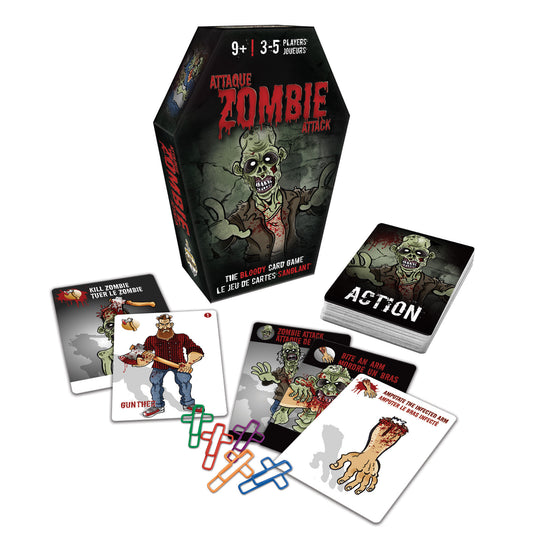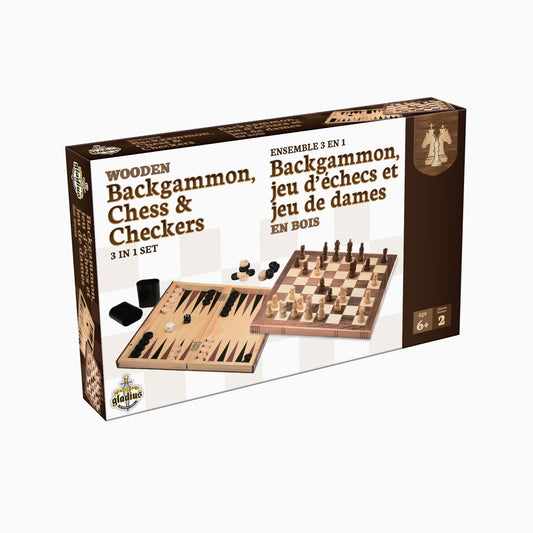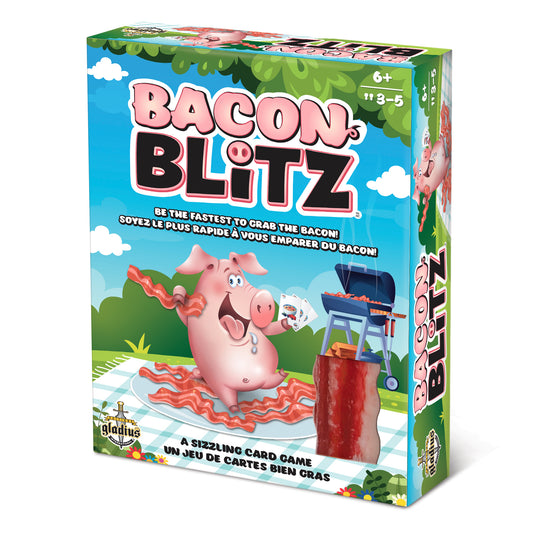
Cognitive development
A little theory...
Cognition is defined as the activity of knowing and the mental processes by which we develop and use our knowledge to solve different problems. The various mechanisms of thought, such as perception, learning, reasoning and memory, are examples of the cognitive processes that enable us to understand.
Knowledge is developed through new experiences. For example, to encourage your child's cognitive development through play, it's important to choose games that offer an intellectual challenge that's stimulating without being discouraging.
The best-known researcher into cognitive development is undoubtedly Jean Piaget. According to Piaget, "play is specifically conducive to a child's intellectual development, because it is purposeful, active and productive. Your child's cognition will develop gradually from birth to adulthood. From the age of two, in connection with the emergence of language, your child will enjoy reproducing everyday routine situations (e.g. playing at cooking, feeding his doll as his mother feeds her little sister, using pencils as if they were screwdrivers, etc.). Around age 4, your child will enjoy classifying, establishing relationships between things and understanding causality. He'll be able to associate a baby animal with its parent. From age 7 to 11, your child's thinking becomes very concrete. At 11-12, your child will be interested in hypothesis formulation, induction and deduction. They'll enjoy playing strategy games.
Play is the most effective way for parents to teach their children different rules of life and conduct. Whether in the course of free play or in the realization of directed play tasks, the sharing of affect and attention makes learning meaningful. Don't be too quick to get rid of games that have become easy. The child will also enjoy taking them out again when he needs to be rewarded, to feel capable and effective. Positive reinforcement and a sense of self-efficacy have a major impact on motivation to meet new challenges and excel.
Article on this topic based on...
Russel, C., Amod, Z., et Rosenthal, L. (2008). The effect of parent-child Mediated learning Experience (MLE) interaction in young children’s cognitive development, Perspective in Education, 26(4), 28-41.
Shaffer, D. (2010). Developmental psychology: childhood and adolescence, Brooks/Cole Publishing Company.





